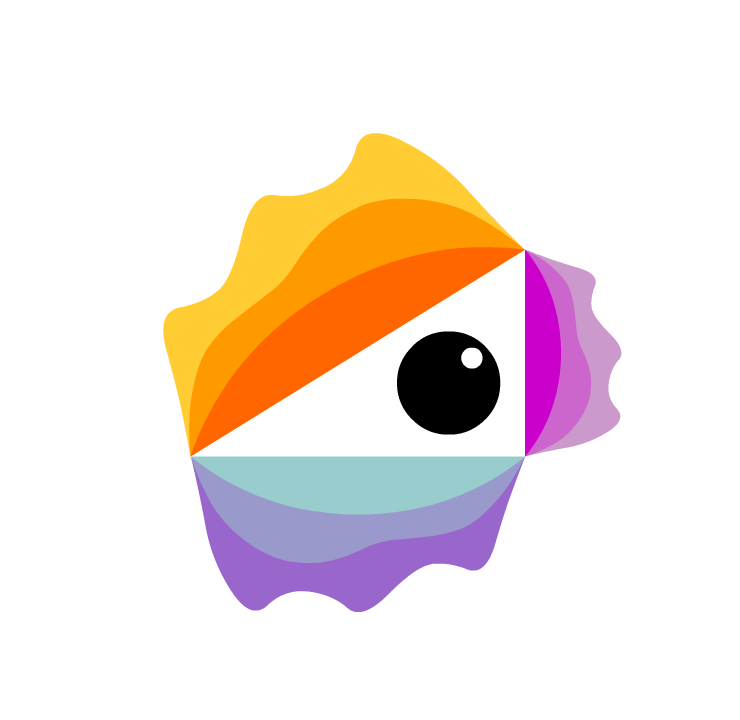Submissions

Conference Announcement Submissions Invited Speakers Program
Participation, speaker applications:
- The call for applications lasts from May 17th to June 30th 2023.
- Those interested in active participation in the conference – both academics and doctoral students – may submit their papers relating to the panel topics indicated below. The expected time of a presentation: 15 minutes + short discussion.
- Separate sessions of quick presentations of individual doctoral projects (not necessarily related to the subject of the panel topics) will be dedicated to doctoral students in art. Quick presentations will be conducted using the Pecha Kucha method (20 slides of 20 seconds each).
- The application form is available online: https://forms.office.com/e/cys4B3MruQ
The application form should include: name and surname, academic title, affiliation, phone number, e-mail address, website address (if applicable), participation type (passive or active), request for a certificate of participation (yes or no), specification of the form of presentation (panel session or session for doctoral students in art), the title of the presentation, abstract (maximum 1500 characters with spaces), consent to the processing of personal data (GDPR). Applications will be accepted until June 30th 2023. - The decision on qualification for the conference will be communicated by email by July 20th 2023.
- Participation in the conference is free. All costs related to participation (travel, accommodation, meals, insurance) are the responsibility of participants or the delegating institutions.
Panel topics:
1. Methodological approaches to research in art
- substantive scope and description of the field
- nomenclature: artistic research, art-based research, research as an artistic practice.
2. Selected aspects of the relationships between art and science
- methodological comparison, synergies, fields of cooperation, interdisciplinarity,
- influence of artificial intelligence on art (benefits and risks),
- cognitive role of visual imagination in scientific discovery, education and popularization of science.
3. Doctoral education in art
- strategies, programs, administration,
- short presentations of artistic projects by PhD candidates.
Conference Announcement Submissions Invited Speakers Program

